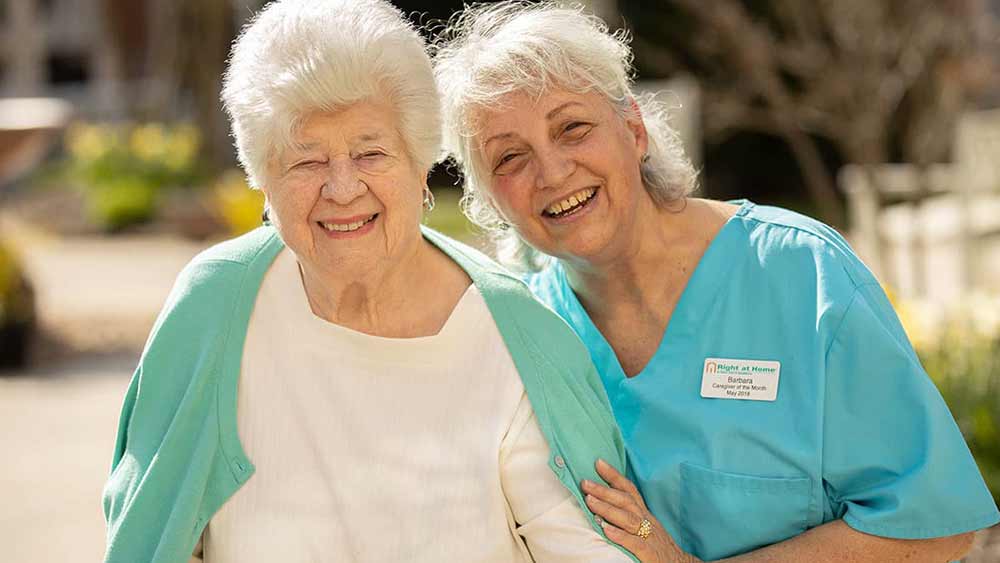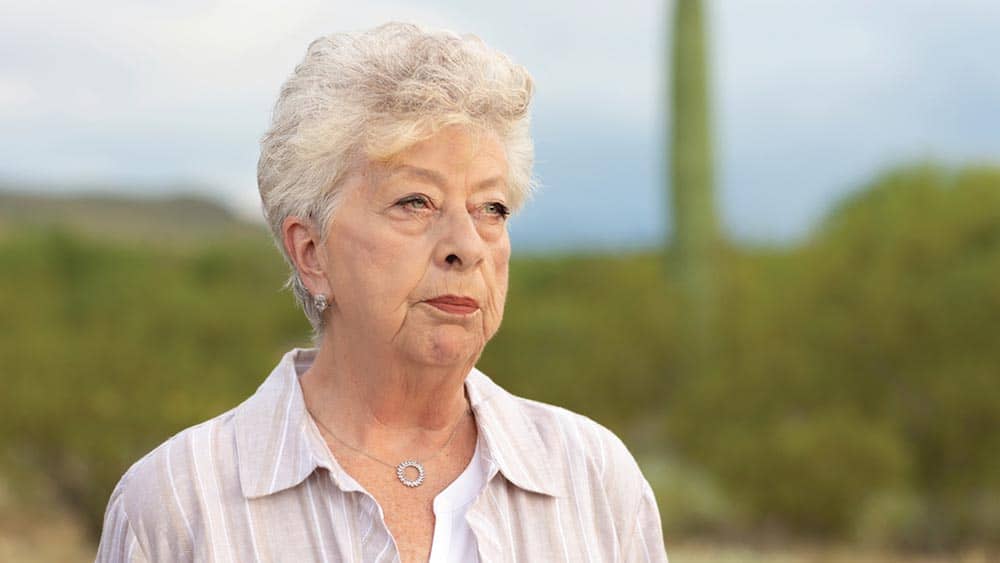

What Are the Health Concerns of Older Women?
May 10–16, 2020, is Women’s Health Week, and the entire month of May is Older Americans Month. What a great time to focus on the special health issues of senior women!
A lot of women’s health research focuses on women who are in their reproductive years. And a lot of aging research has focused on older men. But the health issues of people who are both female and older are unique in many ways. Here are several examples:
Bone health. Women have smaller, thinner bones than men. And hormone changes after menopause raise the risk of osteoporosis, a loss of bone that can lead to fractures that rob us of our independence. Approximately 80% of people with osteoporosis are women.
Heart health. Cardiologists tell us that the causes, risk factors and treatment of heart disease can be different for women than for their male counterparts. This is another area where hormonal changes can be a factor. And did you know that the symptoms of heart attack can be different for women? Women might experience the characteristic chest pain and shortness of breath, but are also likely to have symptoms such as back pain and nausea.
Brain health. Experts tell us that women are at higher risk of Alzheimer’s disease and several other types of dementia. This is, in part, simply because women live longer, and the risk rises with age. A women’s reproductive history, education and — again — hormones might also enter in. Alzheimer’s can be more challenging to diagnose in women, as well.
Incontinence. Men can experience incontinence, but twice as many women do — more than half of women past the age of menopause, say experts. This can be due to weakening of the pelvic muscles with age, a greater susceptibility to urinary tract infections, and even lingering effects of pregnancy and childbirth.
Depression and anxiety. These conditions are twice as common among women, due in part to hormonal imbalances, changes in life circumstances, health problems and financial worries.
Though recommendations for overall good health remain pretty much the same throughout life, an older woman’s health “to-do” list should reflect the above age-related changes. Here’s what to do:
Keep up with your health screenings. For senior women, this includes regular bone density testing, colonoscopies, and tests for blood pressure, cholesterol and blood sugar. Annual hearing and vision tests are recommended. Your doctor will advise you about mammograms and cervical cancer screening.
Get your shots. The recommended vaccines change as we grow older. Ask your doctor which shots you need; this will most likely include immunizations for tetanus and/or pertussis, two pneumonia vaccinations, and the shingles shot. Getting your annual flu shot is ever more important as you grow older. Your doctor may recommend other vaccines, depending on your health status, lifestyle and travel plans. Find out which vaccines are covered by Medicare.
Improve your diet. Nutritional recommendations are about the same for all adults: healthy foods, in the right amount to promote a healthy weight. Weighing too much or too little raises the risk of health problems, so as we grow older, every calorie should be a nutrient-rich one. Older women also should pay special attention to getting enough bone-healthy calcium in their diets. Limit your alcohol intake; talk to your doctor if that’s a problem.
Get enough physical activity. Studies show women need more, not less, exercise as they grow older! Regular physical activity reduces our risk for a host of health problems. But as we grow older, exercise should be tailored to our needs. Talk to your doctor about your exercise program. Is it safe? Does it meet all your needs, including aerobic, muscle-strengthening and balance activities?
Reduce your risk of falling. You can eat well, get all your screenings, manage your health conditions — and yet, in a second, a fall can change everything. Ask your doctor about a fall protection class. Remove fall hazards from your home. Get regular vision and hearing tests. Check out the Fall Prevention Guide for ideas!
Have your medications reviewed. Here’s another way to reduce falls and other negative health events. Our bodies process substances differently as we grow older — women’s bodies even more than men’s. Ask your doctor or pharmacist to evaluate the medications you take, including supplements and hormone replacement products. Download our Medication List to use as a reference.
Report sleep problems. More women than men experience insomnia, and the problem increases with age. And while sleep apnea is more common among men, 25% of women older than 65 also have this disorder, which causes snoring and interrupted breathing during sleep. Poor sleep can harm our health, but treatment is available.
Report symptoms of anxiety, stress and depression. This is another topic many women hesitate to bring up with their doctors, but remember that mental health affects our physical health. Your doctor can recommend treatment, which might include therapy, lifestyle changes or medications.
Caregiving is a women’s health issue
Even if a woman resolves to take all the steps above, providing care for an ill spouse, parent or other loved one can make it a challenge to sleep well, keep healthcare appointments and go to the gym. It’s important to seek help — from family, from friends, and from public services in your area.
Professional in-home care is another great way to support the health of caregivers. Right at Home caregivers provide assistance with personal care, meal preparation, transportation and respite care for family, as well as memory care for seniors who are living with dementia.
Extended Reading: Calling all women: be proactive to protect your health
The information in this blog is not intended to replace the advice of your healthcare provider. Talk to your doctor about managing your health conditions and discuss lifestyle changes that are right for you.
Latest Resources for Seniors
Featured article








